As the automotive industry accelerates towards a future defined by technological advancements, Tesla's AI-driven manufacturing processes stand at the forefront of this transformative journey. In an era where innovation is king, Tesla is revolutionizing the automotive industry with its cutting-edge AI technology and advanced manufacturing processes. By seamlessly integrating AI with smart manufacturing techniques, Tesla is not just keeping pace with change—it's leading it. The promise of groundbreaking production innovation, efficiency, and precision is redefining what's possible in AI-driven manufacturing.
Tesla's approach to AI in manufacturing is characterized by its integration of advanced technology with smart manufacturing techniques. This synergy is creating a revolution in how vehicles are conceptualized, designed, and produced. At the heart of this transformation is Tesla factory automation, which utilizes robotics and advanced machine learning algorithms to enhance precision and efficiency on the production line.
This focus on automation is not just about improving speed and cost-effectiveness. Tesla aims to redefine the possibilities within the automotive industry by pushing the boundaries of what machines can achieve. With state-of-the-art facilities equipped for real-time data processing and adaptive learning, Tesla's production lines are among the most advanced globally.
1. Tesla Robotics and Machine Learning: Tesla has made significant strides in robotics and machine learning, leading to smarter and more efficient production lines. For instance, at the 2024 World Robot Conference in Beijing, China's robot makers are competing with Tesla to develop humanoid robots for EV assembly lines. This race underscores Tesla's leadership in robotics and its potential to further automate the manufacturing process.
2. Enhanced AI Algorithms: Tesla's recent improvements in its Full Self-Driving (FSD) software underscore its prowess in AI technology. The latest version, FSD 12.5, has demonstrated near-perfect performance in handling complex driving scenarios. These advancements in AI algorithms are also being applied to manufacturing processes, allowing for better decision-making and optimization on the factory floor.
Innovations Driving Tesla's AI Manufacturing Future
3. Sustainability and Efficiency: Tesla's commitment to sustainability is evident in its manufacturing strategies. By utilizing AI-driven processes, Tesla is reducing waste and energy consumption, aligning with global trends toward sustainable manufacturing.
While Tesla's advancements in AI-driven manufacturing are promising, they come with challenges. Rapid integration of new technologies can lead to complications, as highlighted by a study on tech features causing headaches for buyers. Balancing innovation with usability and reliability remains crucial.
Despite these challenges, the opportunities for growth and improvement are vast. Tesla's ability to innovate positions it well to capitalize on emerging trends and demands in the automotive sector.
Tesla's advancements set a precedent for the entire automotive industry. As we look to the future, several key areas will likely benefit from these innovations:
The Role of AI in Future Automotive Manufacturing
Customization: AI allows for greater customization in vehicle production, enabling manufacturers to meet specific customer demands efficiently.
Safety: Advanced AI systems can enhance safety measures on production lines, reducing accidents and improving working conditions.
Cost Reduction: Optimizing processes and reducing waste can significantly lower production costs, benefiting both manufacturers and consumers.
As Tesla continues to push the boundaries of AI-driven manufacturing, its influence extends beyond the automotive sector. Other industries are closely watching Tesla's journey, eager to implement similar strategies to enhance their production capabilities. The future holds great promise for revolutionizing not just car manufacturing but also setting new standards for smart manufacturing worldwide.
By embracing advanced processes and integrating cutting-edge technology, Tesla is paving the way for a smarter, more efficient, and sustainable future in automotive production. Each innovation solidifies its position as a leader, inspiring other companies to explore AI-driven manufacturing solutions.


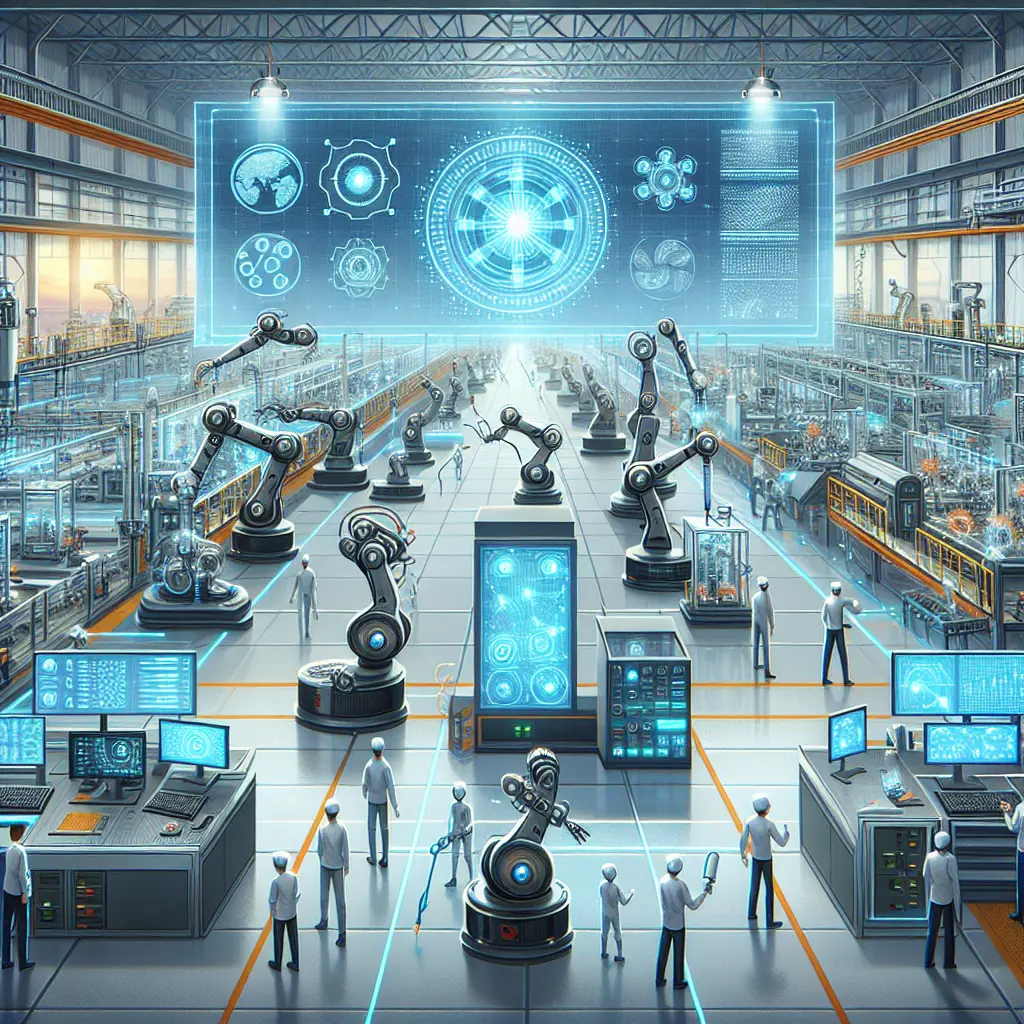

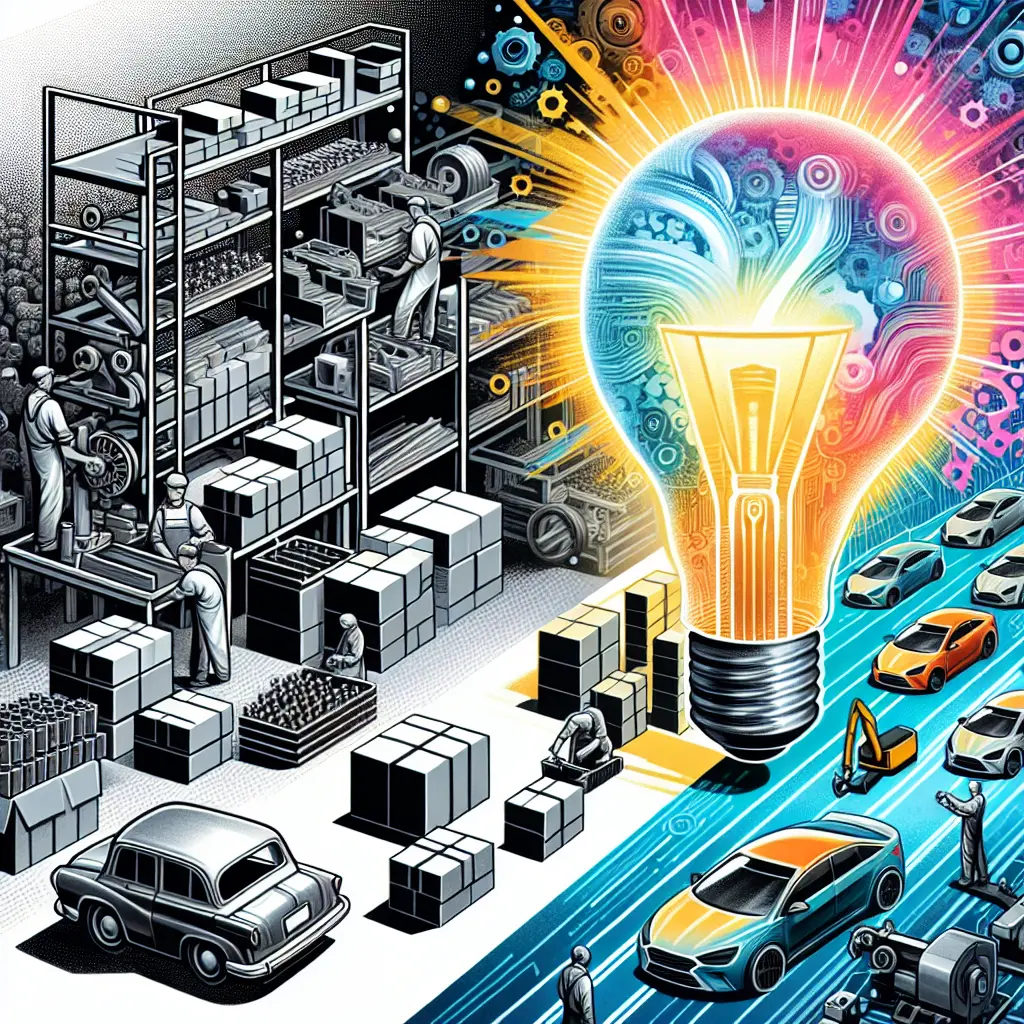
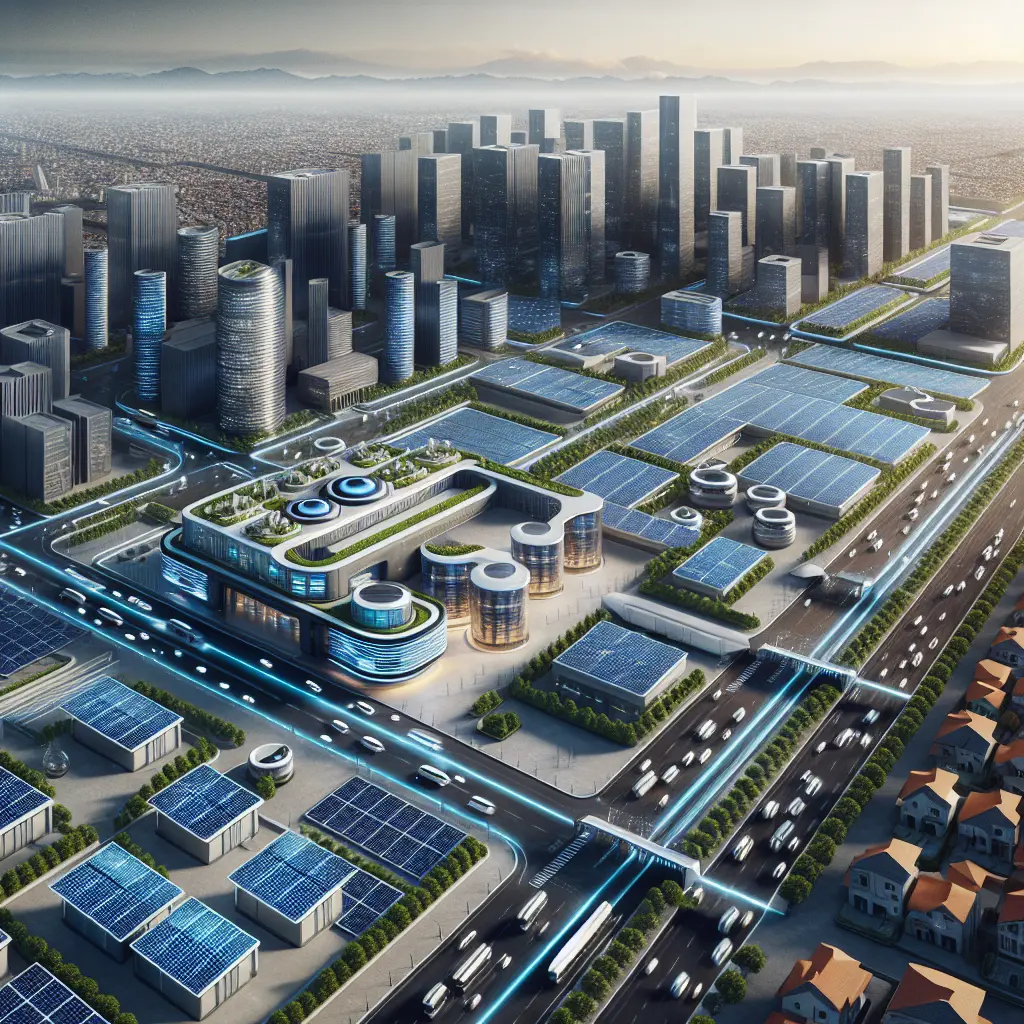
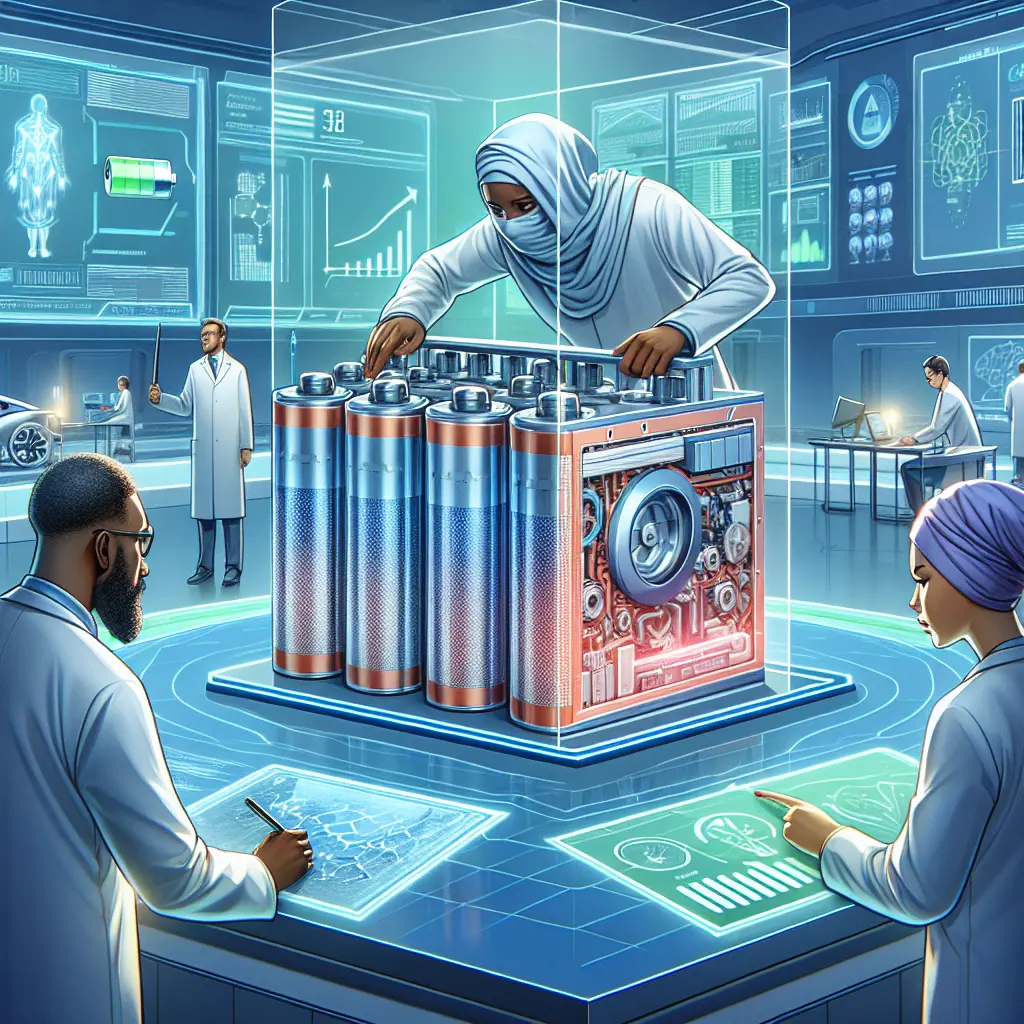
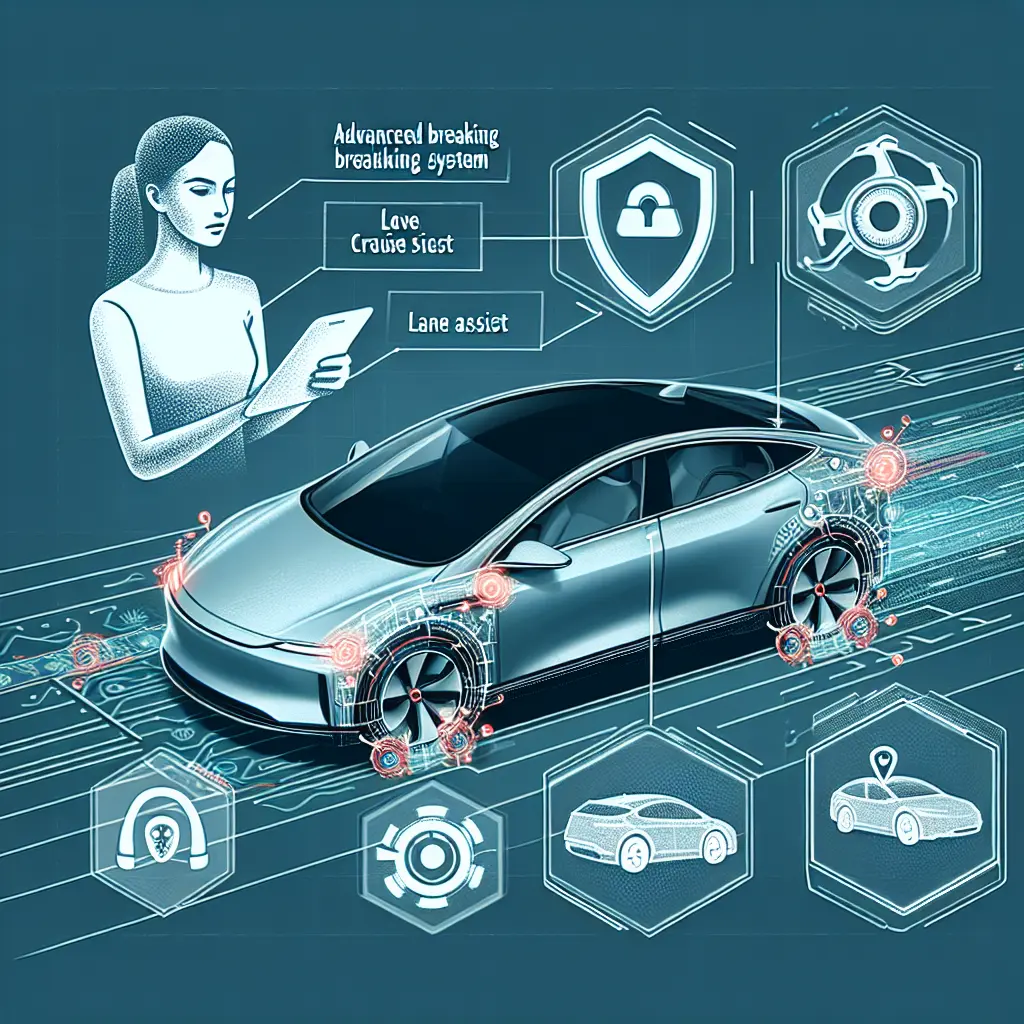
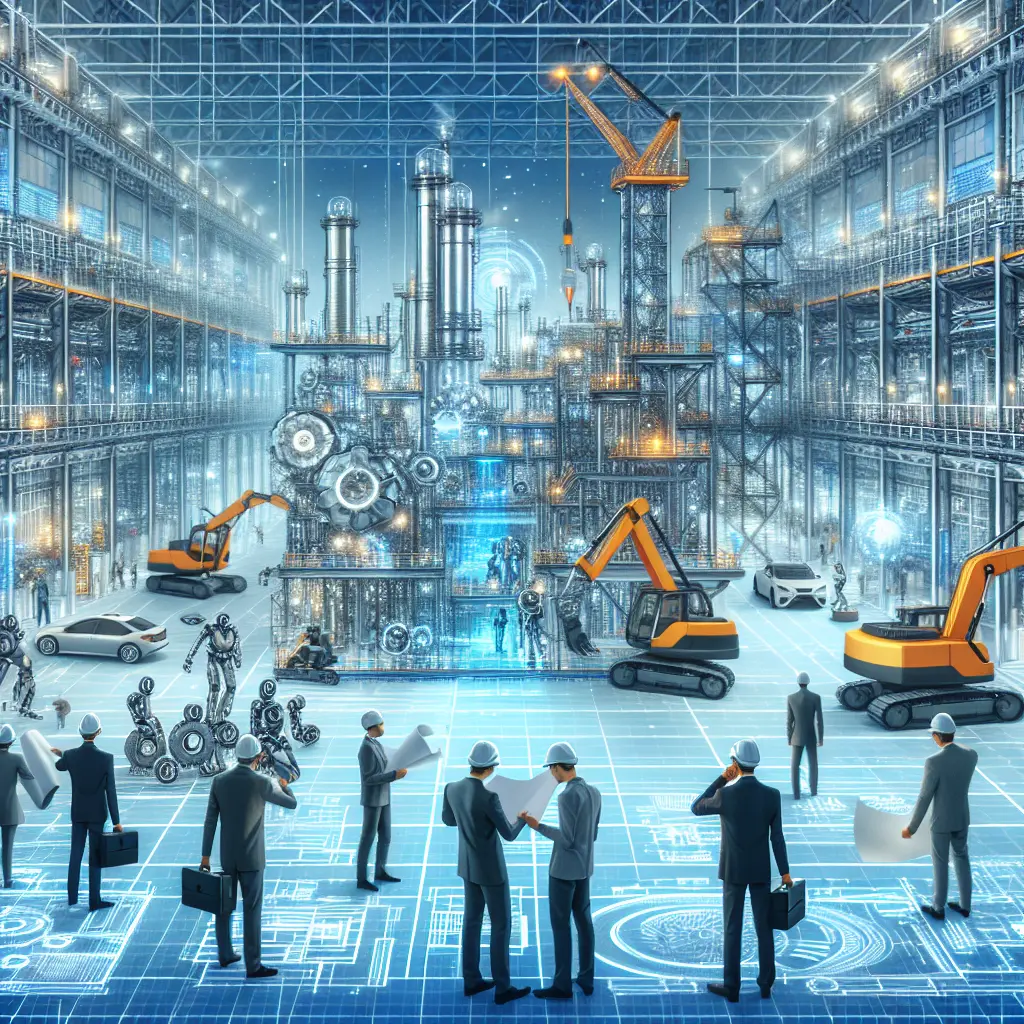
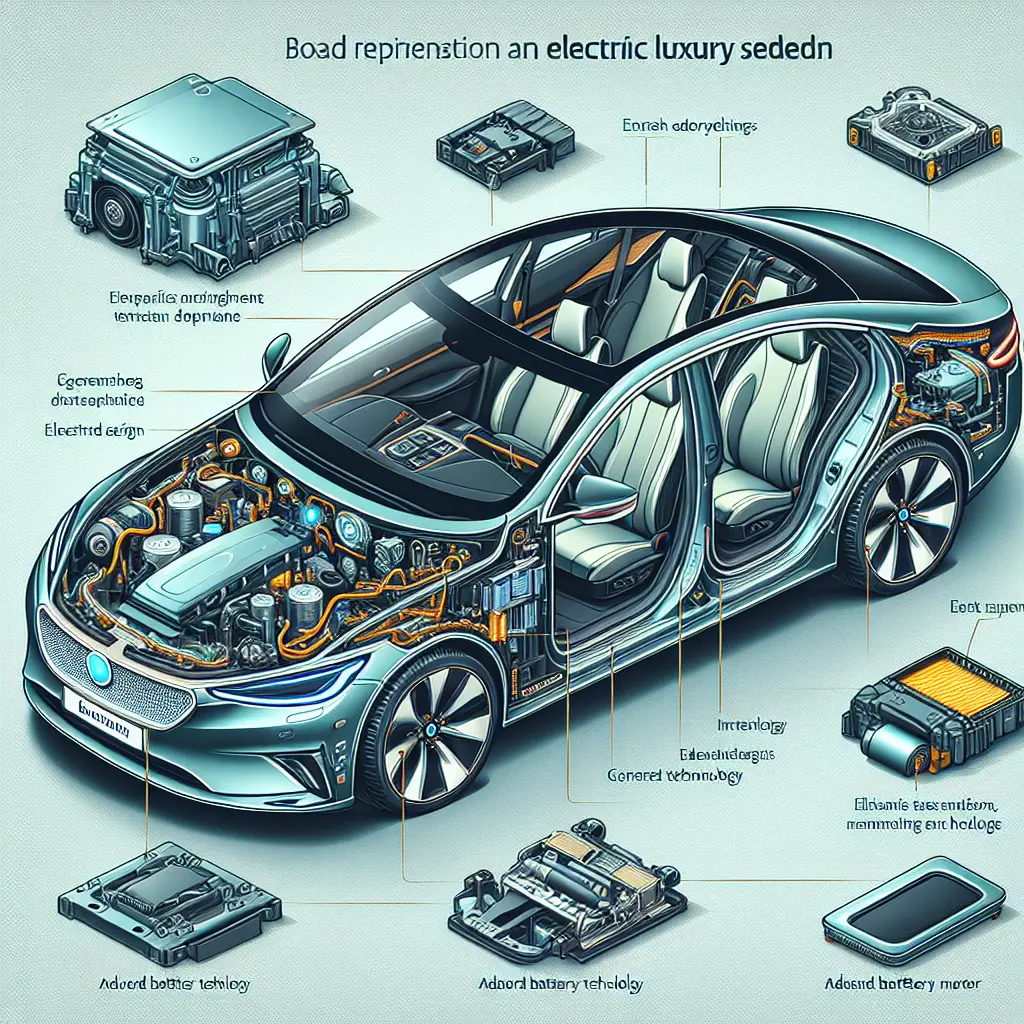
Leave a Comment